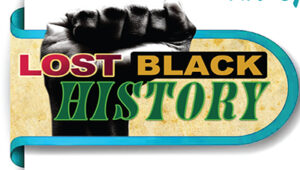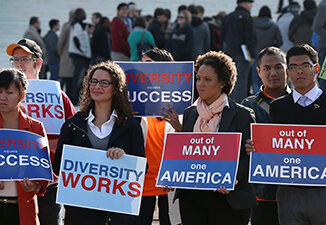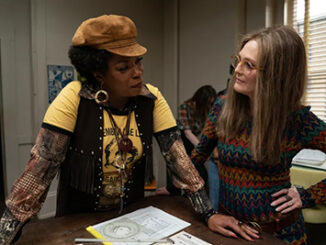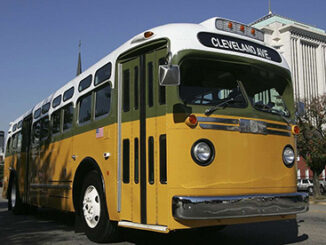
By Don Valentine
The 130 year history of Sears and Roebuck was a burden and a blessing for Blacks. America’s leading retailer for much of the twentieth century was founded in 1893 by Richard Sears, who quickly partnered with Alvah Roebuck. Mr. Sears got started in the retail business by accident. He was working as a freight agent for the Minneapolis railroad, when a local jeweler gave him an unexpected $5,000 worth of watches. The profit genes ignited, and he sold them to agents down the line, who resold them at the retail level. The watches would need repairs and he hired his future partner Mr. Roebuck, an expert in watches. The merchandising trade was lucrative and that was the origin of the vast retailer. During this early growth support Mr. Roebuck became skittish with the company’s projects. He was bought out but remained as an employee.
As a courtesy Mr. Sears kept his name on the brand. An urban myth that is false: neither man was Black!
The other partner, Julius Rosenwald, was a compassionate benefactor of the racial plight. Smithsonianmag.com described him as, “…a Chicago clothing merchant who became a partner in the firm in 1895, directing its rapid growth…” Jim Crow’s insidious tactics opened the floodgates for the Sears merchandise to be sold via the postal service. Black consumers did not have to be harrassed and treated with contempt by going to a store. Mr. Sears innovated the “Money Back Guarantee” that combined with the best mail order system in the country was the springboard for a symbiotic relationship.
The ease of shopping without Jim Crow abuse made Sears a staple in the Black community.
The racist Whites fought back with a virulent rumor that Sears and Roebuck were Black. That was to impugn the reputation of the store. The esteemed Voices Of America wrote “Rumors spread that Sears and Roebuck were Black, presumably to convince White shoppers that they shouldn’t shop at Sears. Sears and Roebuck published pictures to prove they were White.”
Mr. Sears was not a patriarch for Blacks, unless they were profitable. During the Civil Rights movement Sears had numerous complaints about how they mistreated, and underpaid minorities. The Baltimore Sun reported, “In the 1930s and 1940s, African Americans boycotted against Sears and exposed the retailer’s racist hiring and customer service practices.”
Mr. Rosenwald was an educational philanthropist for Blacks. Chicago public radio WTTW.com extolled, “… he gave away almost $700,000 to various causes, including Booker T. Washington’s Tuskegee Institute.” He created over 5,000 Rosenwald Schools for poor Blacks. He funded scholarships for Black artists and intellectuals. Writer Ralph Ellison and singer Marian Anderson benefited from his scholarship. Sears and Roebuck another piece of Lost Black History.






Be the first to comment